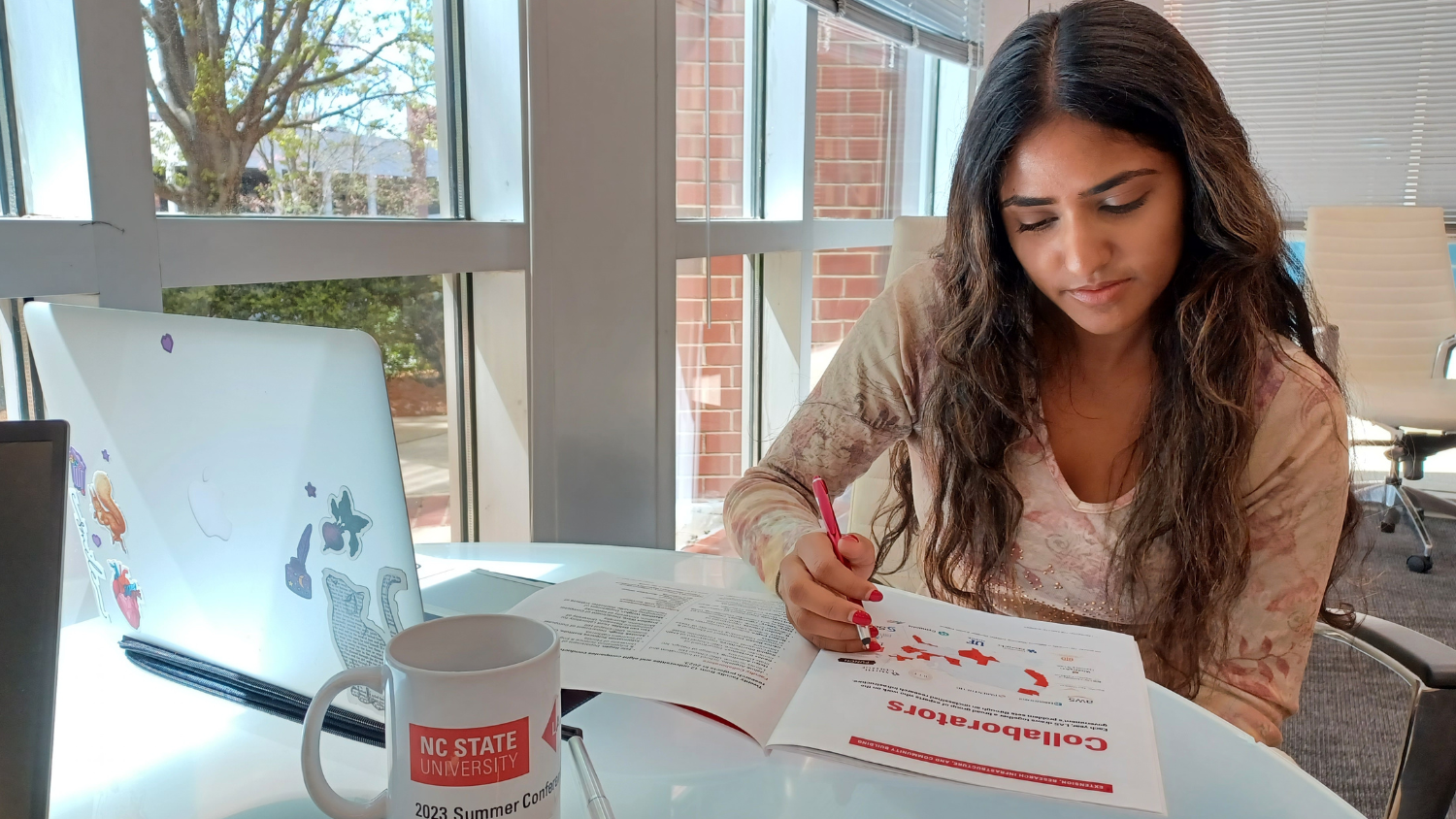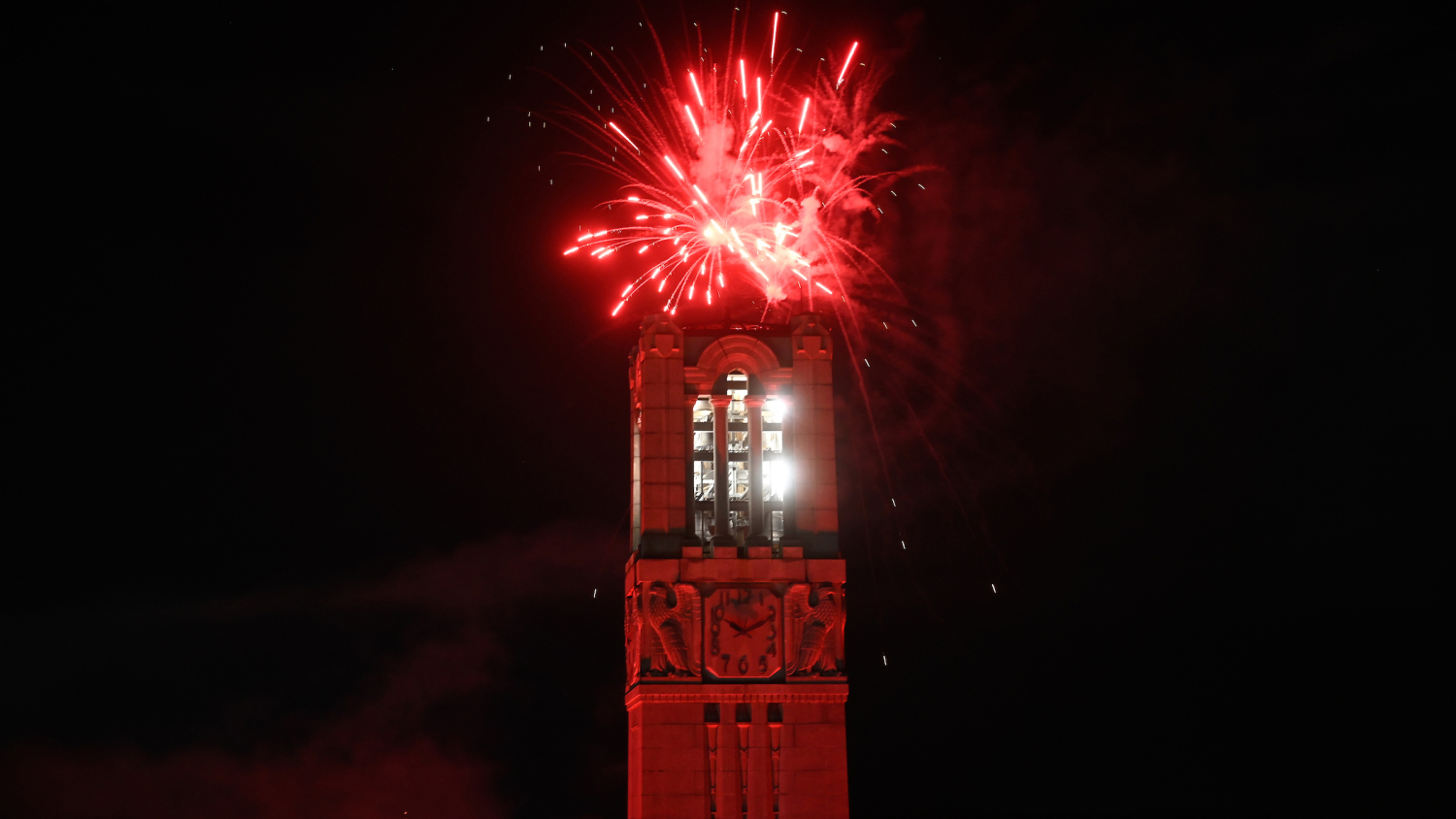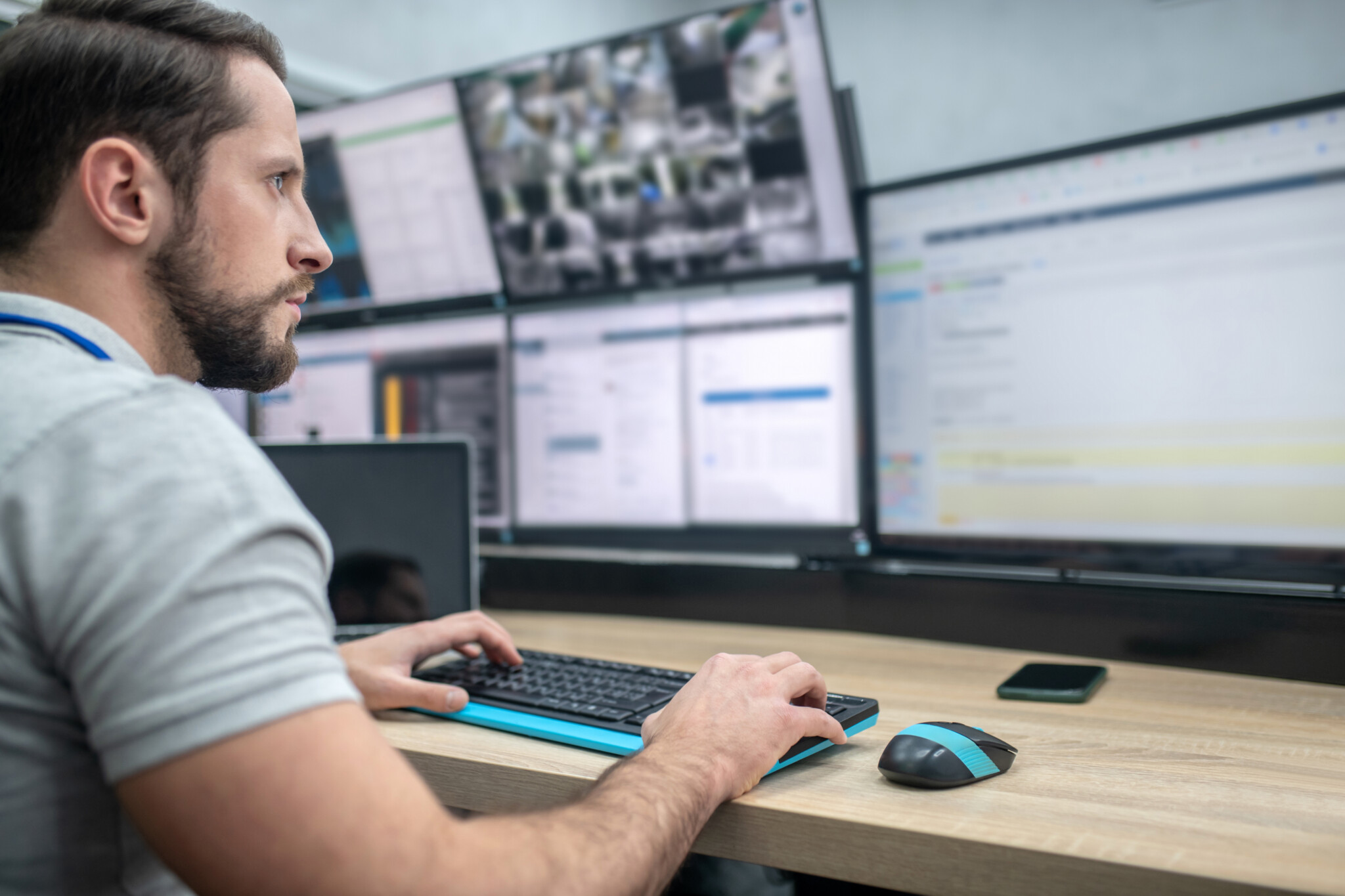Design Approaches to Research一Tools and Techniques (DARTT): Applications to LAS/IC Projects
Sharon Joines, Hongyang Liu, Matt Schmidt, Lori Wachter
Background
One of LAS’s goals is to expose LAS members to varied approaches for problem identification, exploration and synthesis, and solution and project development. This exposure can be augmented through participation in experiences such as facilitated design research tools and technique sessions for project teams, project idea andsolution critiques, and intensive Focused Discovery Activity (FDA) sessions focused on a single team or project idea.
Over a period of three years (2016 – 2018), LAS engaged its members with the design research process through a five-day course一Design Thinking through Design Research Short Course. The immersive experience wasimpactful and advocated for the infusion of design research and its methods and tools into LAS projects. From 2018 to 2021, the connection between the breadth of methods and tools covered in the short courses and the application in LAS project activities has been supported through topic-specific advanced methods workshops, design office hours, facilitated sessions, and FDAs.

Design Team’s 2022 Activities
In 2022, informed by the conceptual framework for supporting transdisciplinary and collaborative teams, the Design Team’s offerings focused on applying design approaches to research一tools and techniques (DARTT) to LAS/IC projects as well as supporting IC experts to become skilled in the selection and application of DARTT.
Asynchronous Materials
With many activities being delivered remotely, the Design Team also adapted and designed a series of designresearch content to support online collaboration. We expanded design thinking and design research resources into videos, articles, digital tools and toolkits, project templates and instructions, and curated resources. The goals of these endeavors were two-fold: 1) to support just-in-time learning which could help LAS members apply DARTT in their LAS/IC projects at their own pace and in the suitable project stages; and 2) to make DARTT content available to LAS members with varied design research expertise.

One of the outcomes is the development of step-by-step guidance for utilizing design research methods and tools.Another ongoing product is the Preparatory Materials Series—a series of asynchronous, interactive videos via PlayPosit. These videos are intended to support LAS collaborators’ understanding of the terms and concepts of design research along with varied approaches to problem identification and problem-solving taken by designers and design researchers.

(From left to right: Video on PlayPosit; Blog post; Stakeholders journey map template; Brainstorming technique instruction)
This year, the Design Team created three videos for the series to cover three topics/concepts in the design thinking and design research process. The first topic for the series is “Design Research Intro: A process overview” where the essence of design research and user-centered design research was explained. The second topic is “Design Critique” where we discussed some of the dos and don’ts when running a design critique session. In the third episode, “The User-Centered Mindset: Identifying stakeholders’ needs”, we introduced methods that could help LAS collaborators understand building the user-centered mindset and utilizing DARTT to identify stakeholders’ needs to ensure project success.

FDA: LAS’s Minority Serving Institutions (MSIs) Outreach Process
To leverage DARTT to benefit LAS/IC collaborative projects, the Design Team worked with the LAS project team insupporting LAS’s Minority Serving Institutions (MSIs) outreach by planning and delivering an FDA session. The goal of this FDA, informed by the NSA’s MSIs outreach process, was to document and refine an MSIs outreach process for LAS (which can be scaled and repeated through the NSA enterprise). The initial engagement for the FDA preparation began in February. The FDA session and the follow-ups were conducted in September and October. During the preparation process, the Design Team and the LAS project teams meet regularly to align FDAgoals, create session materials, and conduct participant recruitment.

(Note: Participants gave their permission to be photographed or taken screenshots and consented that the photographs or screenshots would be used for presentations and publications.)
During the session, stakeholders from MSIs and NSA outreach elements participated in structured activities and discussions on the outreach process. By opening the conversation about what LAS/IC and MSIs need to understand and act on in the outreach process, participants gained a better understanding of the outreach process from the IC and MSIs’ perspectives. The stakeholders journey map was used as the guide to identify who the stakeholders are, which of them need to be involved at what level, and what issues they may bring with them during the outreach process.

Based on the results from the FDA and a few follow-up sessions, the top three pain points for stakeholders when engaging or planning to engage with LAS’s MSI outreach process are as follows: 1) Contacts (e.g., Hard to find out who to contact, lack of information, awareness, and experience); 2) Capacity (e.g., MSIs’ concern about ifresources are suitable for LAS projects); and 3) Funding (e.g., Get information prior to collaborations).
Plan for 2023
In 2023, our efforts will be focused on documenting the six years of the Design Team’s efforts (2016-2022) andsupporting emerging select LAS/IC projects in the spring semester. We will be working on refining existing design thinking and design research resources and delivering FDA sessions.
Feel free to reach out to us at design_redlab@ncsu.edu for any questions. We are looking forward to seeing you in our 2023 activities!
Additional Information & Links to DARTT Resources:
Instructions & Templates
- User Interview Guide (tips on structuring a user interview and asking open-ended questions)
- User Journey Map (check out an example of using the print-out template to map out the user journey)
- Design Problem Definition Worksheet
- Brainstorming Techniques
Tools
- Miro (visual collaboration platform for teams and projects)
- Scenes (digital storyboarding tool created by SAP AppHaus)
- Flaticon (free customizable vector icons)
- Noun Project (free Icons and stock photos)
- Adobe Color (color palette generator that generates palettes with trusted color combinations fit for varied needs)
- Adobe Express (free video to GIF converter powered by Adobe Premiere)
- North Carolina State University Media Library
- Phoeopea (free online image editor)
- Sejda (free online PDF editor)
Books
- This Is Service Design Doing: Applying Service Design Thinking in the Real World by Marc Stickdorn, Markus Edgar Hormess, Adam Lawrence, & Jakob Schneider
- Sprint: How to Solve Big Problems and Test New Ideas in Just Five Days by Jake Knapp, John Zeratsky, & Braden Kowitz
- 101 Design Methods by Vijay Kumar
- Universal Methods of Design by Bruce Hanington & Bella Martin
- Observing the User Experience by Elizabeth Goodman, Mike Kuniavsky, & Andrea Moed
- Understanding Your Users by Kathy Baxter, Catherine Courage, & Kelly Caine
- The Back of the Napkin: Solving Problems and Selling Ideas with Pictures by Dan Roam
- Effective Data Visualization by Stephanie Evergreen
- Good Charts: The HBR Guide to Making Smarter, More Persuasive Data Visualizations by Scott Berinato
- Categories:


